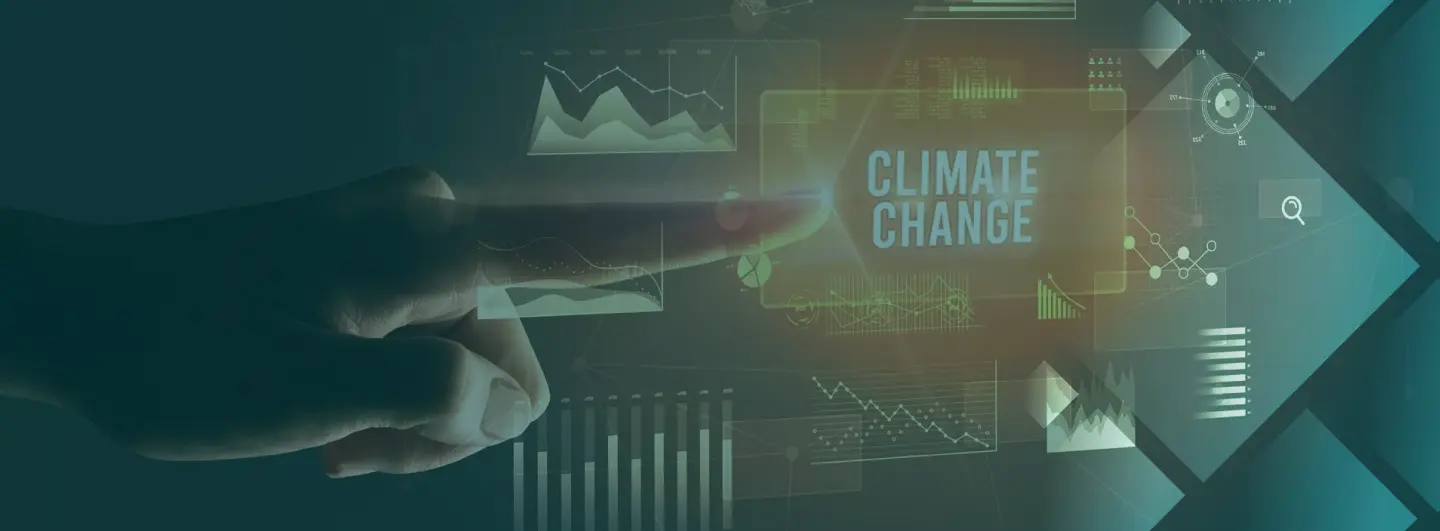To become a climate change specialist, professionals often pursue climate change university courses or climate change postgraduate courses to develop expertise in areas like greenhouse gas emissions, mitigation strategies, and climate risk management. The Climate Change and Sustainable Investing MOOC offers a solid foundation by combining science, economics, and finance. This program also addresses practical aspects like climate change adaptation courses and climate-aware investing, equipping learners with tools to assess and address climate risks.
How do I become a climate change specialist?
What degree is best for climate change?
Degrees in environmental science, economics, or business and climate change are ideal for those aiming to work in this field. Programs like climate change certificate courses or climate change and environmental science courses provide the skills needed to analyze and solve complex challenges. The EDHEC MOOC integrates key topics from science and economics of climate change courses, offering actionable insights for professionals and students alike.
Which courses can I find in this Climate Change MOOC?
The Climate Change and Sustainable Investing MOOC offered by EDHEC comprises four courses, each designed to provide a comprehensive understanding of the intersection between climate change and finance:
- Science and Engineering of Climate Change: This course covers how scientists measure climate and its evolution, the functioning of climate models, and the role of greenhouse gases. It also introduces technologies aimed at reducing carbon emissions and atmospheric carbon concentrations.
- Economics and Policies of Climate Change: This course explores the economic impacts of various climate action strategies, evaluates the economic attractiveness of different abatement projects, and critically assesses the desirability of various technologically feasible abatement technologies.
- The Finance of Climate Change: This course examines how climate change risk exposure affects corporate decisions and value, maps the financial risks and opportunities of climate change, and discusses instruments and solutions to finance clean technologies and energy.
- Climate Aware Investing: This course introduces the latest academic research and industry methods for managing climate change financial risks, including measuring and managing climate risk in equity portfolios and designing low-carbon-tracking-index portfolios.





